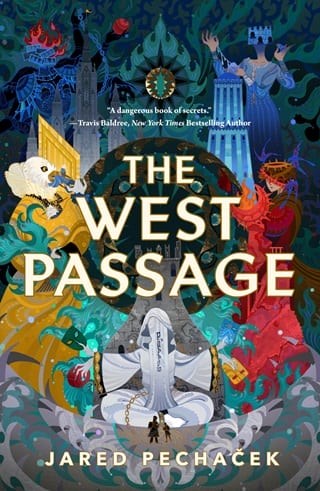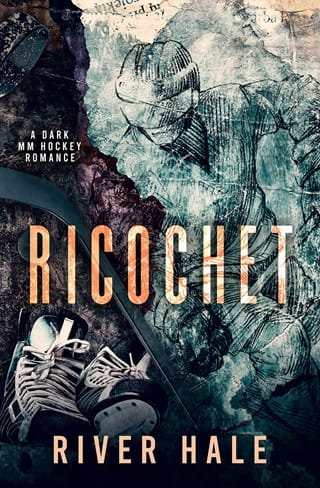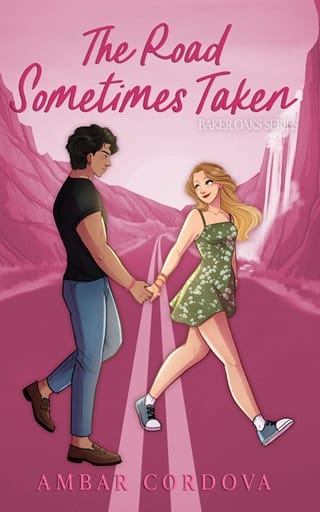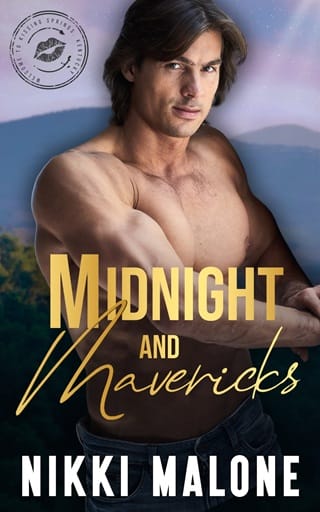40. Roe Takes Yarrow to the Deeps and There Are Frogs
40. Roe Takes Yarrow to the Deeps and There Are Frogs
The sun was out as Roe, Yarrow, and the Lady walked across the terrace and into the postern leading to the Deeps. The white glare of the snow hurt her head, and Yarrow was glad to see the little door, and even gladder when Roe opened it and the inside was entirely dark. She was far less glad when a warm breeze blew out of the Deeps, bringing an odor of ferment and decay. The Lady, though, perked up, and could barely be restrained from darting ahead.
Yarrow would not have been sorry to lose the Lady, though the latter did not attempt to eat her anymore. Roe, who had little to share for such a big appetite, was glad to let her hunt such small game as the terraces of Blue Tower provided: birds, rats, and squirrels, mostly. She had, it seemed, been sustaining herself that way all through Yarrow's long sleep, and the few words she had learned were almost comically violent: teeth and blood and eat and the like. She had developed a whiff of the unsettling aura that had marked her terrible mother. You could not ignore her. Her sheer presence was vertiginous, like being at the top of a tower. Despite all this Yarrow felt some responsibility toward her, and hoped that, even with a new era in Blue, someone might be willing to take the carnivorous child.
The door opened on a narrow, grimy staircase of dark stone. As with so much of the palace, centuries of passing feet had worn the steps down to little more than a ridged ramp, and Yarrow had to pick her way carefully. Roe, a little more surefooted, and the Lady, who walked with a blissful unconsciousness of human notions like safety, had to keep themselves to her pace.
When the door was closed and the darkness was total, Yarrow asked Roe if he had brought a light.
"Give your eyes a little time," he said.
Even as he spoke, the darkness bloomed. Faint traceries of bluish light marked the walls: fungi growing in swirls and coils like scrollwork. In fact, they were scrollwork: upon closer inspection, the walls were beautifully decorated, and the fungus had simply grown in the pits and hollows left by deep-carved, curling vines.
Farther and farther down they went, and the staircase gradually widened as it curved through the earth, until the glow from the walls hardly illuminated anything. They passed landings where wide tunnels crossed the stairs. A dull light moved in one. The others were all empty. The air thickened and sickened: it was as humid, smelly, and hot as the worst days of summer. Yarrow felt as if she were being held in the mouth of a giant who had never cleaned their teeth.
The staircase ended in a little antechamber, lit by an arch of fungus around a closed stone door. Roe halted and opened the sack he carried.
"Here is a dark lantern," he said. "Keep it dim as much as possible. And here is some food just in case."
Yarrow added the food to her own pack and thanked him.
"This is the lowest of the Deeps," said Roe. "When you're inside, go straight ahead. There will be another staircase on the far wall. Go up that and down the right-hand passage. There shouldn't be any hollowmen around at this hour. Keep going straight and you'll come out near the edge of Black. You can probably find your own way from there. The frogs should be asleep. Do not wake them up. Don't touch their eggs. And if you see anyone at all besides the frogs, hide until they go."
His ears and whiskers drooped as he spoke. In his dewdrop eyes, the door of the Deeps was reflected, a blue ghost of itself. Tears came to Yarrow as she looked at the old doctor. He had risked everything to help her—risked returning to his home. When she reached Black, she would ask them to intervene in the troubles of Blue as well.
She reached out and took his hand. "Thank you for everything. I would have died without you."
Roe straightened and smiled. "I'm a doctor, dear Mother. It is a pleasure to have someone to help again." He pushed on the door, and it swung open soundlessly. Yarrow and the Lady went forward. "Keep an eye on her," said Roe in an undertone.
"I will," said Yarrow. "She is my responsibility. I could never abandon her."
There must have been some hint of her true feelings in her voice, for Roe tilted his head skeptically.
"I see," said Roe. "Well—" And he pushed the door closed behind her.
Three broad, shallow steps dropped away before them, terminating in a damp flagstone floor. Lined by the luminescent growths, the walls fell away on either side into inky darkness. Far, far away, on the walls and domed ceiling, the fungus continued to spiral. Here and there it concentrated in bands and clusters like stars. Yarrow and the Lady seemed to stand under the soft, bright sky of a moonless summer night.
The floor's wet sheen reflected the dome enough for Yarrow to see her path, or at least five feet of it at a time. On either side were dark hummocky shapes, silhouetted against the fungal stars like the distant mountains you could sometimes see from the top of Grey. Despite the heat and humidity, despite the trickle of sweat down her back and the way her wimple stuck to her neck, for a moment or two as they crossed the floor, a hush came over Yarrow's soul.
Then water splashed. Yarrow halted. The Lady did as well. Something moved in the dark with a noise like a person shifting in a bathtub. The sound faded, and after a long time in which she heard only her own breath, Yarrow began walking again. So did the Lady.
The same watery noise came again from a different spot. Then another. Heedless of the lantern, Yarrow clenched her hands together to stop their trembling. The frogs were waking up.
She saw her hands, faintly outlined against the rough stones. Light was coming from somewhere, greenish and sickly. She knew that light. Just behind her, the Lady was glowing. In the wavering ripples she cast, Yarrow saw the mounded shapes all around her more clearly.
Except for the straight path down the center, the room was full of stone basins. Many were empty. One or two seemed to have broken, for in them were white porcelain bathtubs. But in each occupied tub, stone or porcelain, was a quantity of water and one or two immense green frogs. They were bigger than Yarrow, bigger than cows: the eyes of the smallest of them were each the size of her head.
The frog nearest to her was asleep. Its slippery limbs were folded under it, and its pulse was visible in the veins around its neck and throat. Atop it was a smaller frog with its limbs tight around the larger one's neck. All around them in the water were huge clusters of jellylike eggs. Except for the size of everything, this was no different from the little frogs in the pools of Grey. Until Yarrow looked more closely, and saw that in each egg was a lamb.
Another pair of frogs was producing tiny saplings, each with a ball of earth. One single frog had eggs full of little wheelbarrows with big wheels, as if, like puppies with clumsy feet, the barrows would grow into them. A third pair's eggs were each full of many restless silvery fish.
Yarrow was bending over to examine them when the larger frog moved. She jumped away. Its eyes were open. With two paddle-like feet, the smaller frog on its back was kneading its flesh. One by one, like beads on a necklace pulled between one's lips, more eggs emerged in response.
The larger frog opened its mouth and, in a deep, primeval gurgle, it spoke.
 Fullepub
Fullepub 



